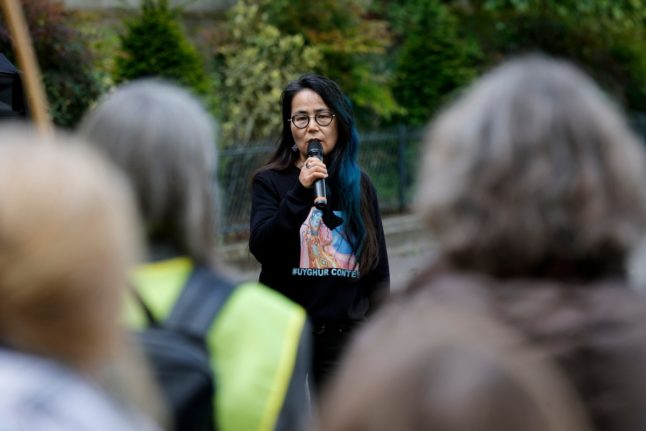Some 68 percent of the population say they feel pessimistic about their future and that of their children, according to a study by the French Institute of Public Opinion, IFOP.
The figure has been steadily increasing over the past year – 12 months ago 66 percent said they were pessimistic. At the beginning of January this year the figure was 65 percent.
A spokesperson for IFOP said: “It’s the first time this worry has been so high at the beginning of a presidential mandate. In August 2002 and August 2007, after the re-election of Jacques Chirac and the election of Nicolas Sarkozy, 34 percent and 50 percent respectively of the population said they were worried for the future of their children.”
The highest percentage of the French feeling the blues came in August 2005 at 70 percent.
Most pessimistic were the over 65s, with 72 percent saying they were worried. Those who voted for the Socialist Party, that of new president Hollande, were not spared either – 58 percent admitted to their pessimism.


 Please whitelist us to continue reading.
Please whitelist us to continue reading.
Member comments